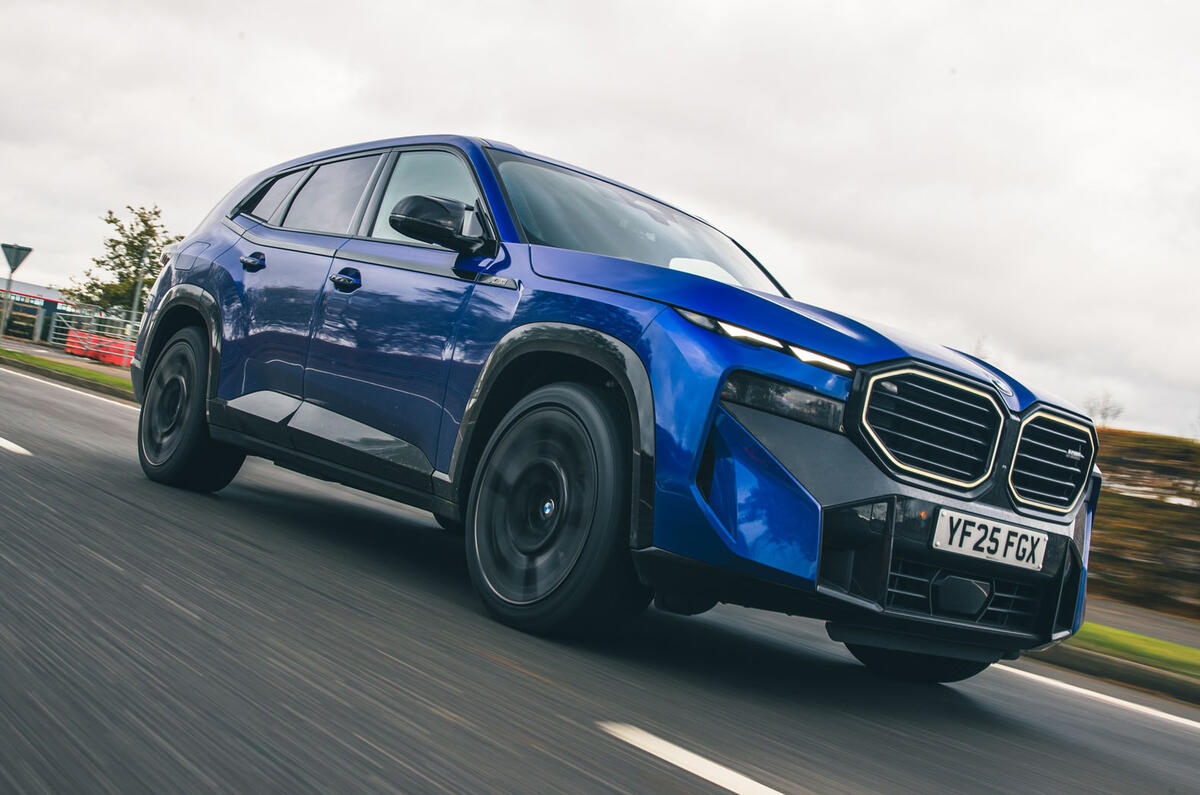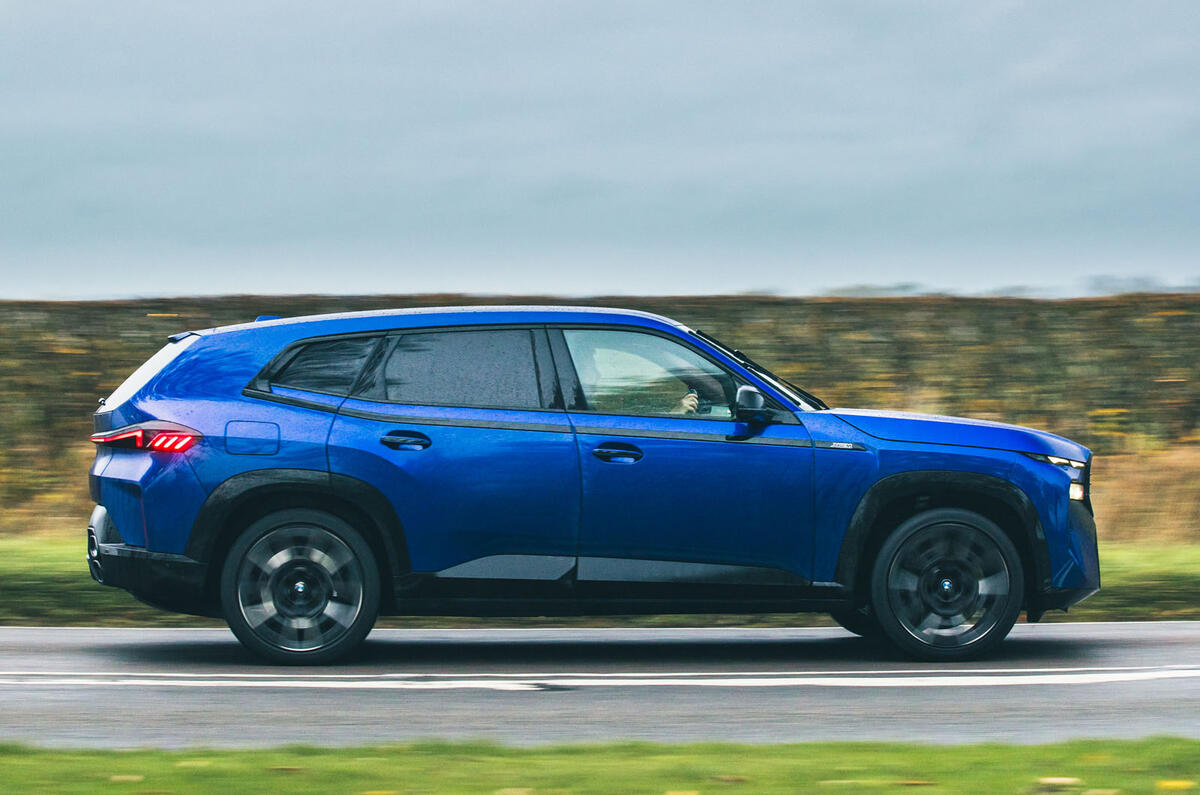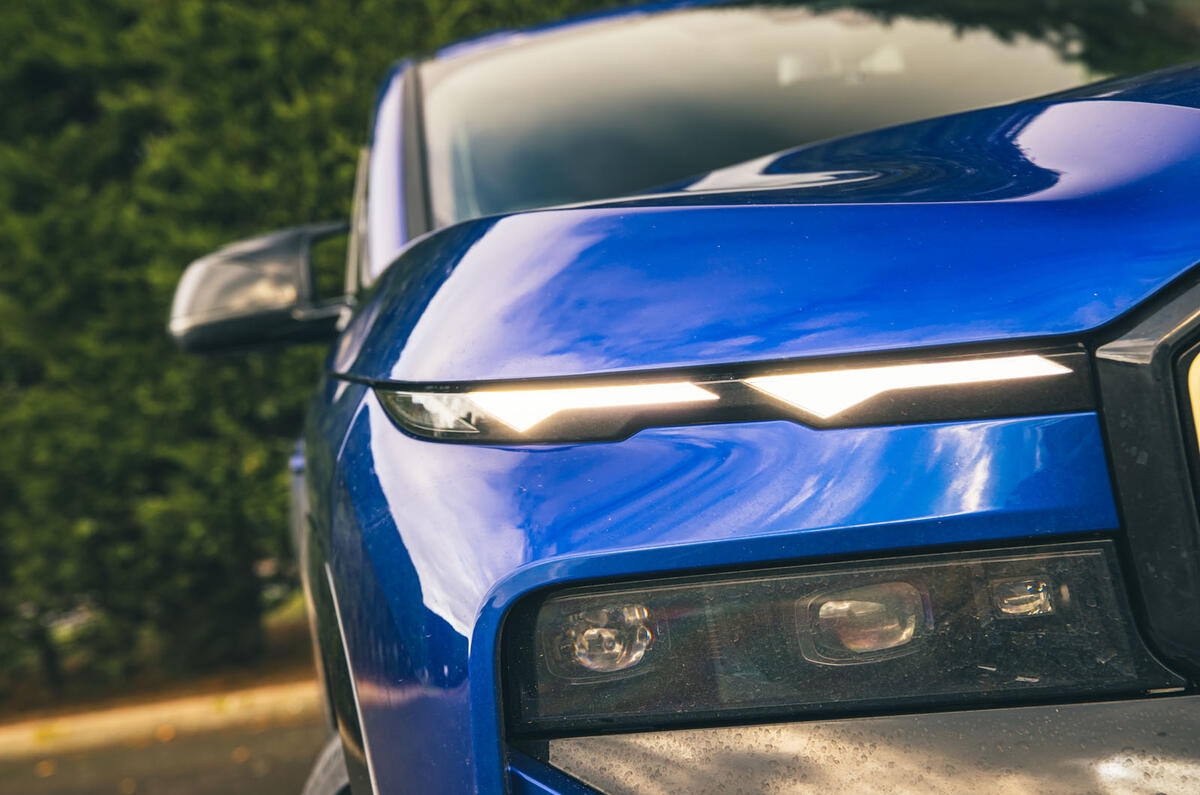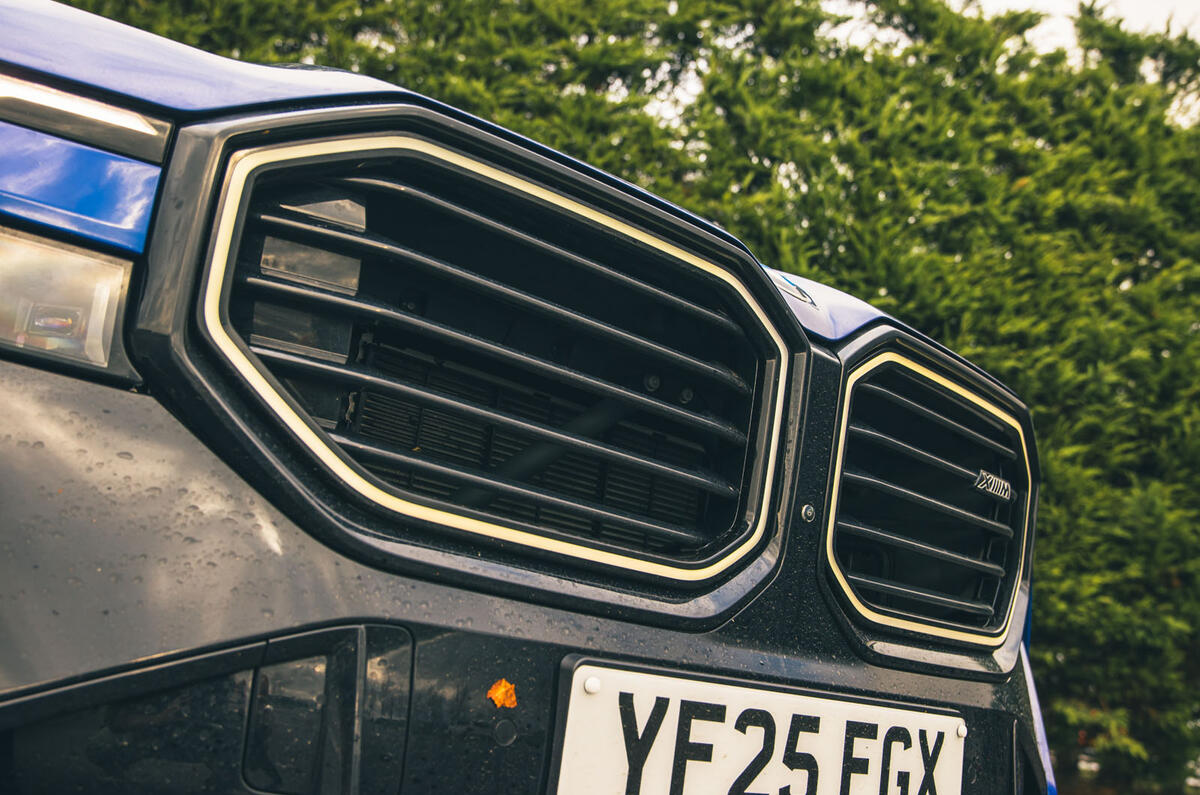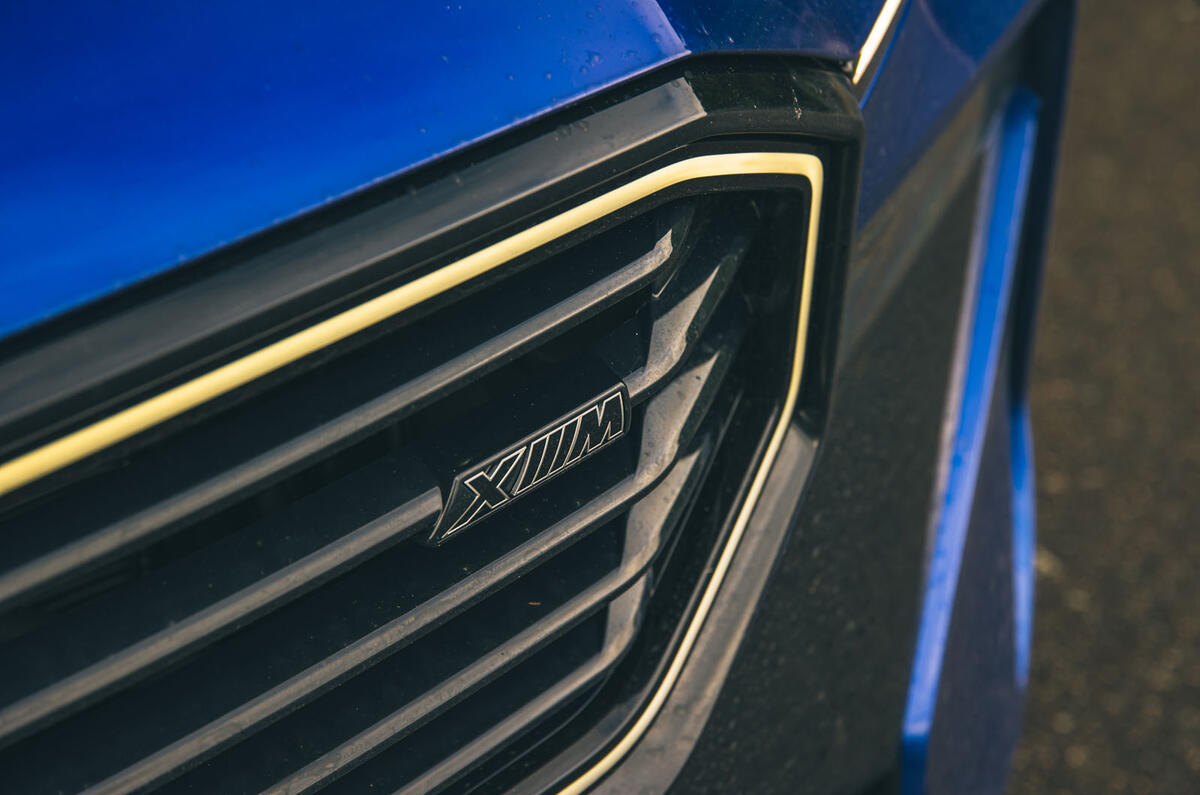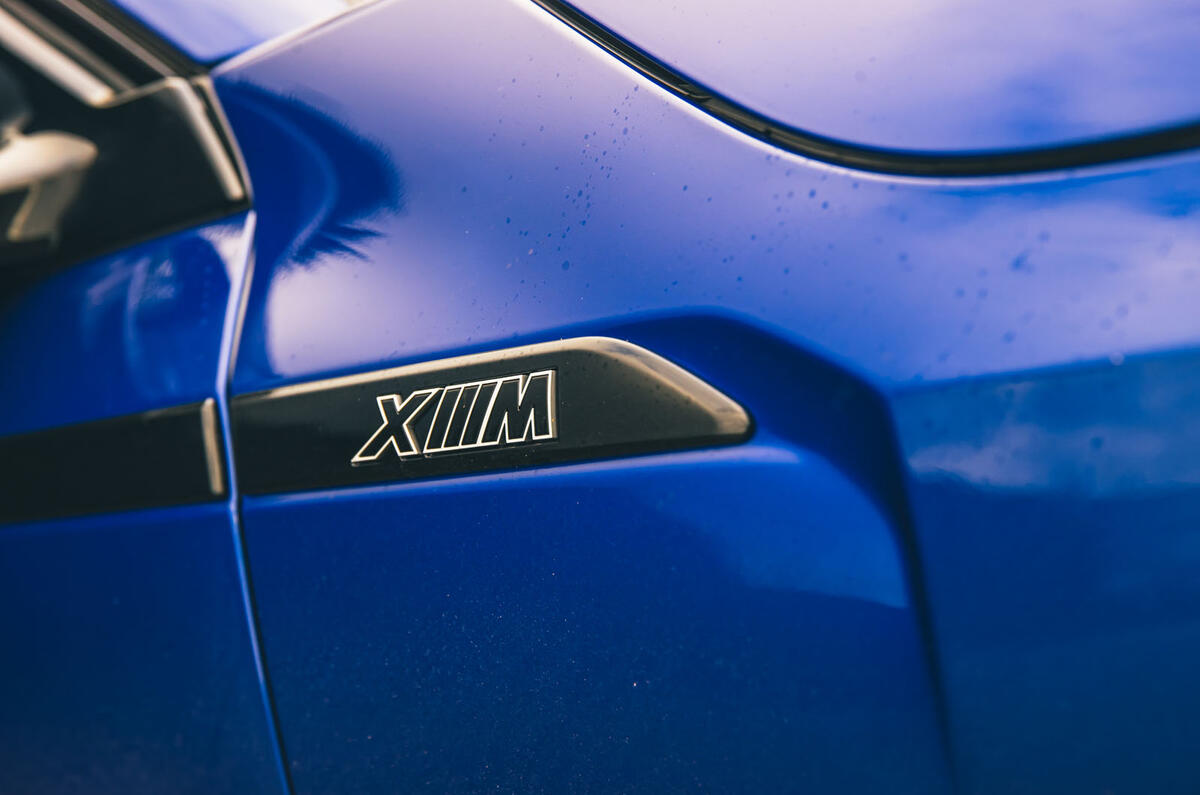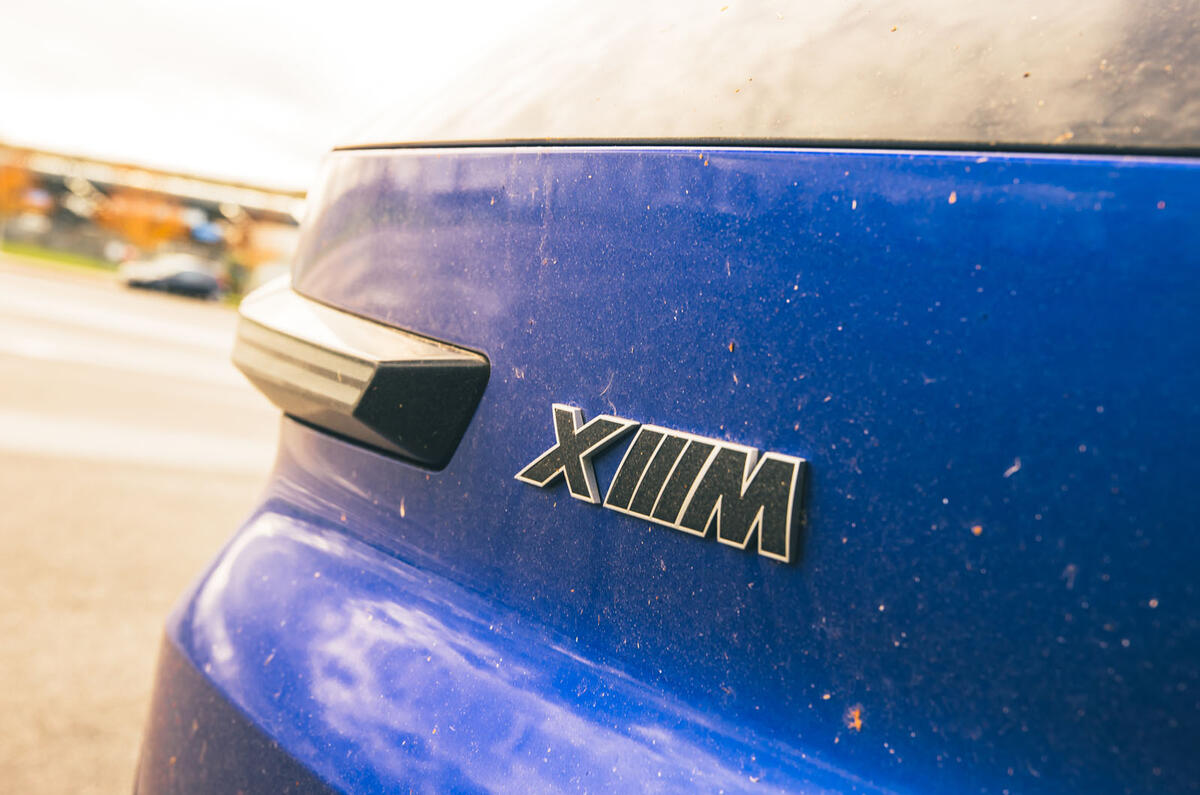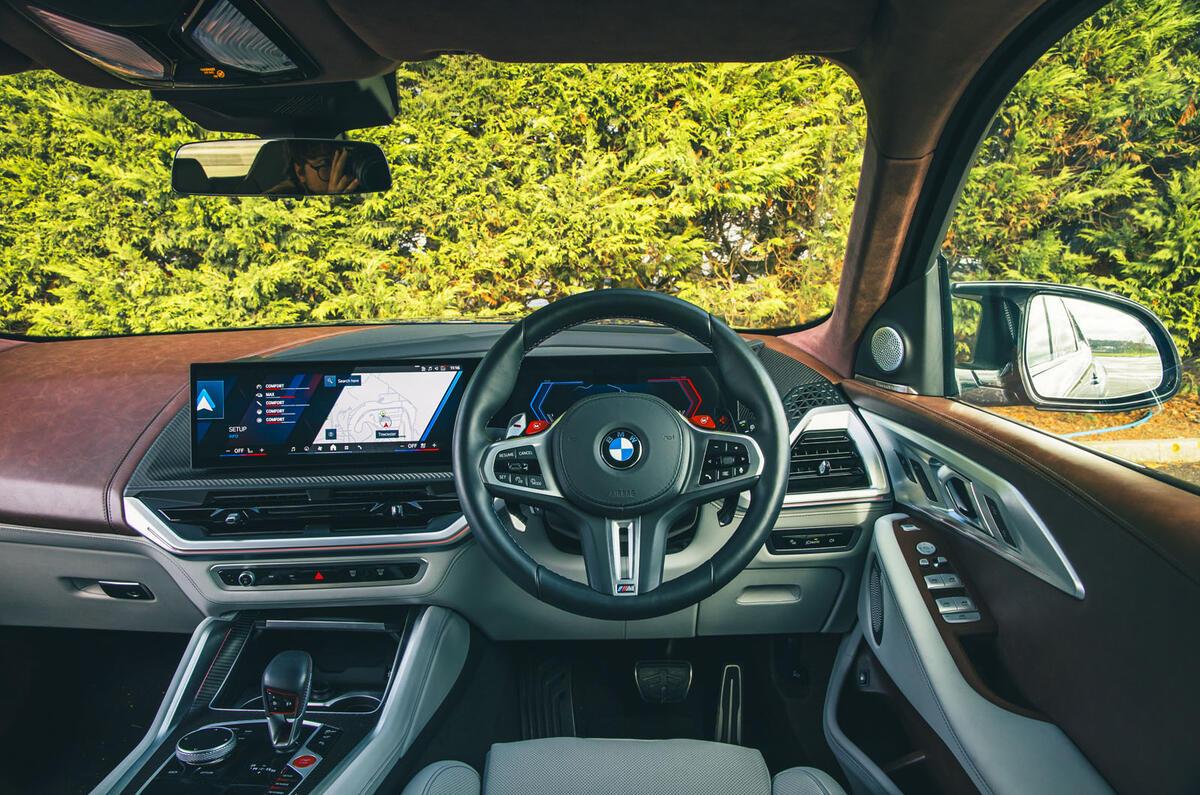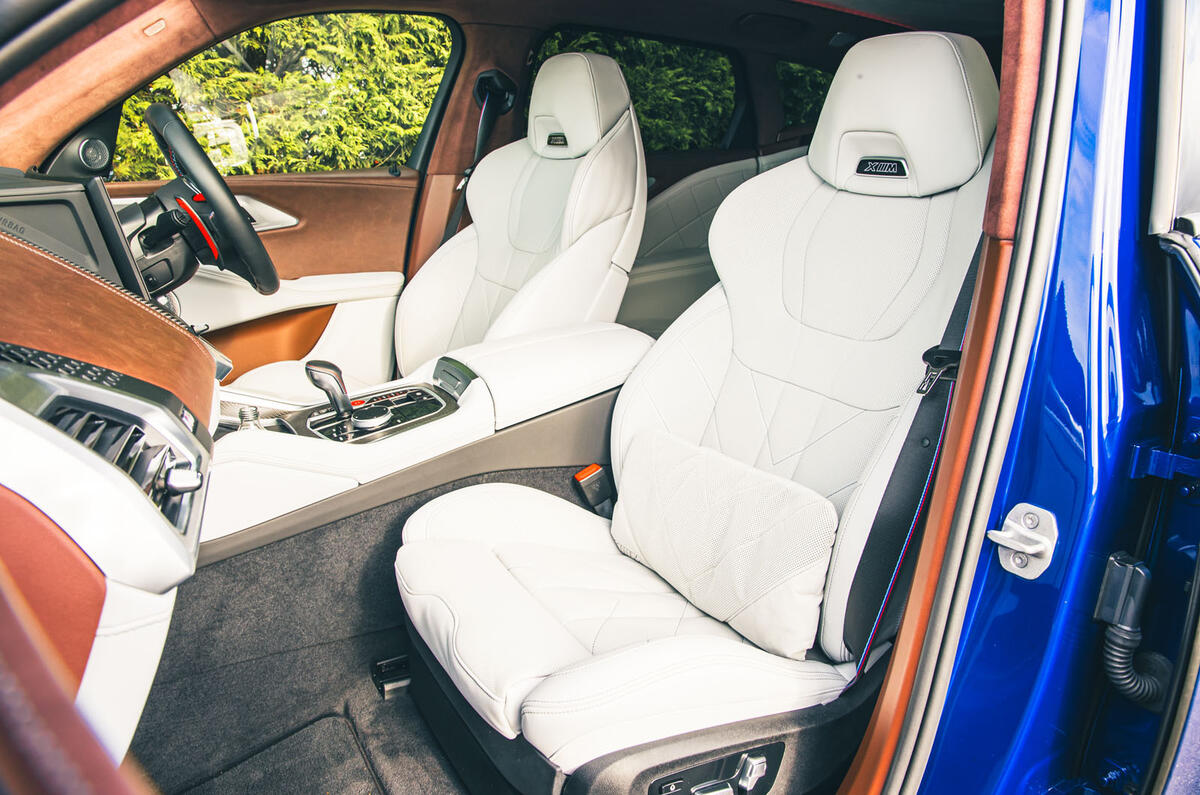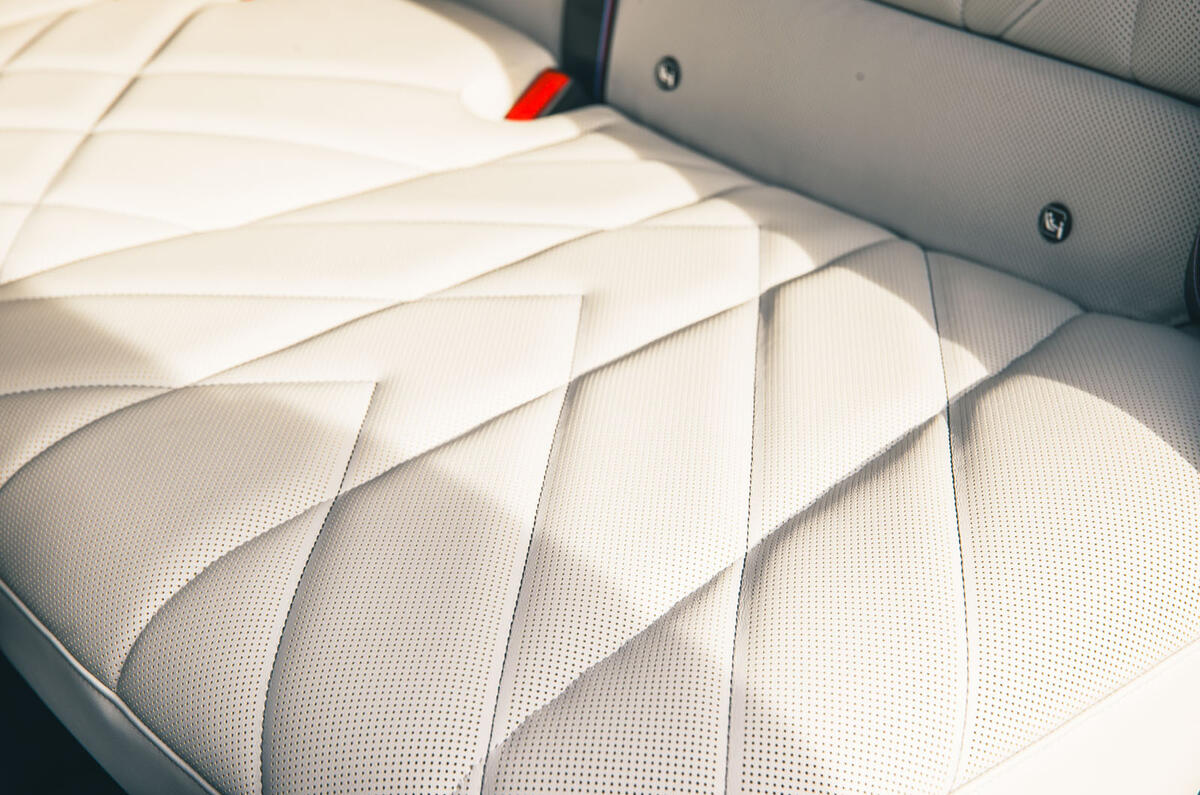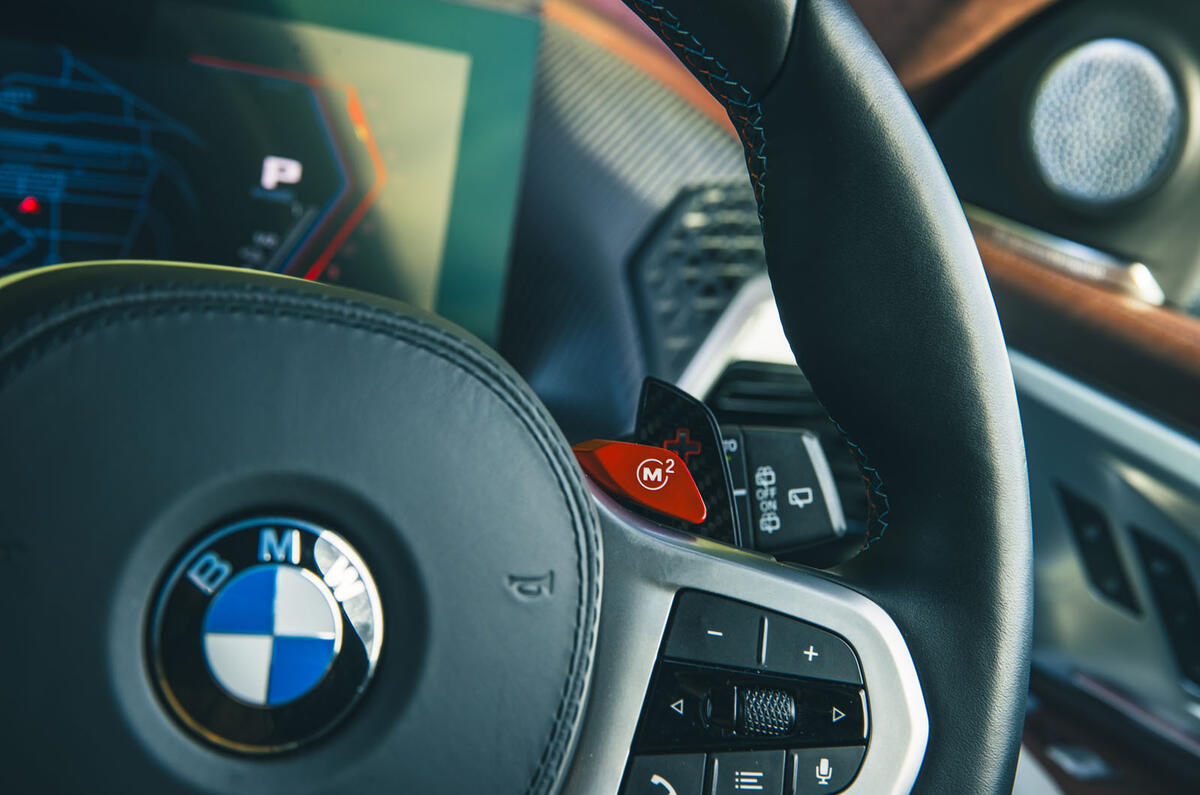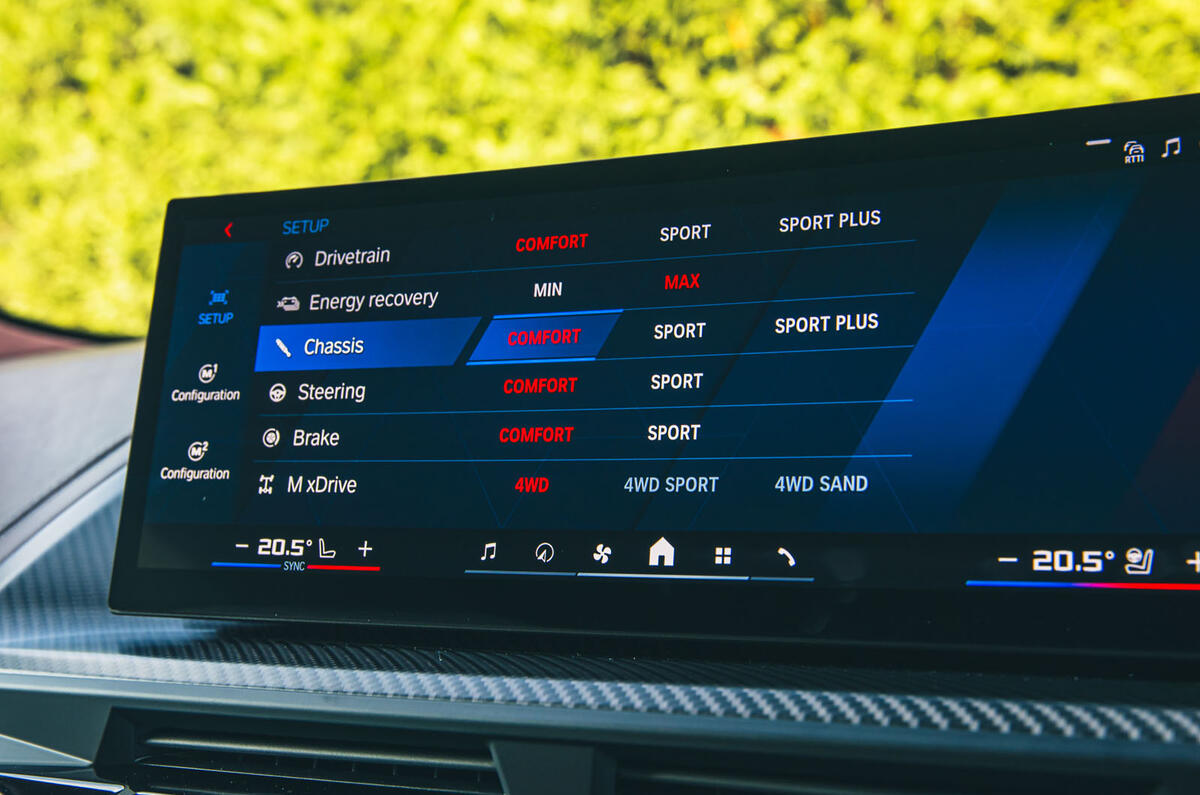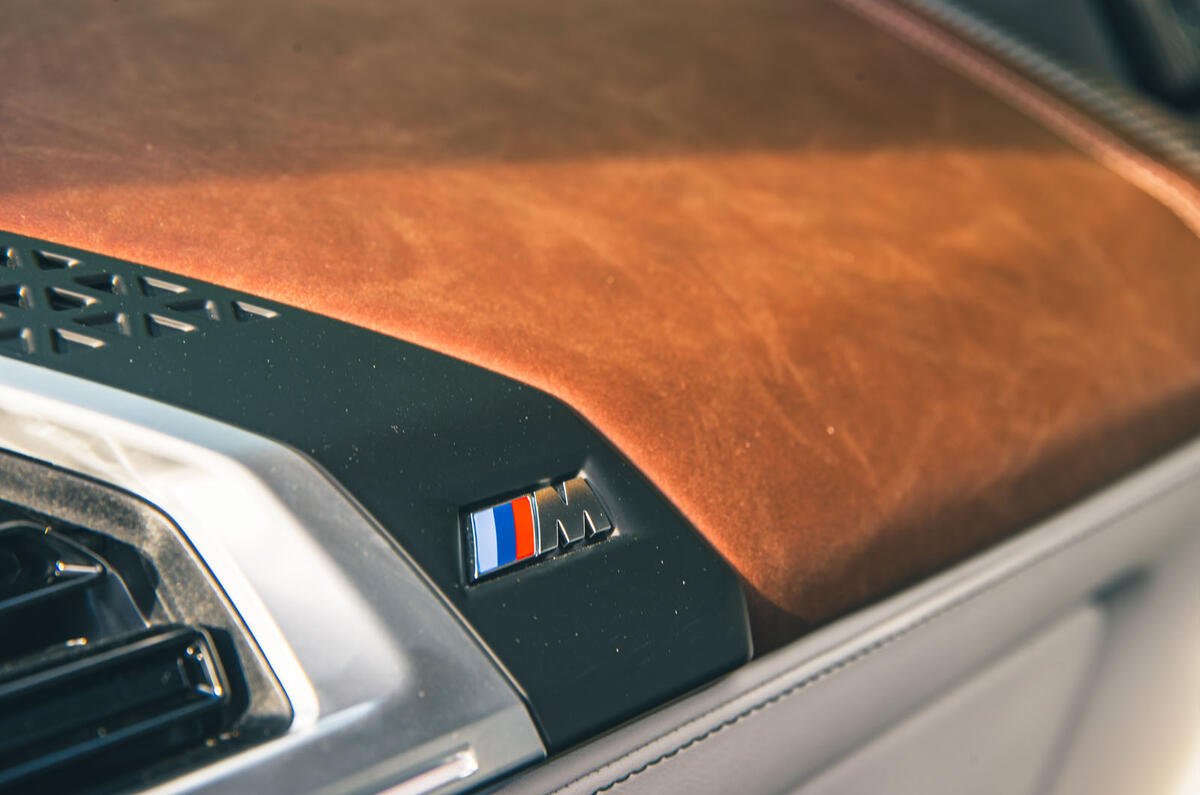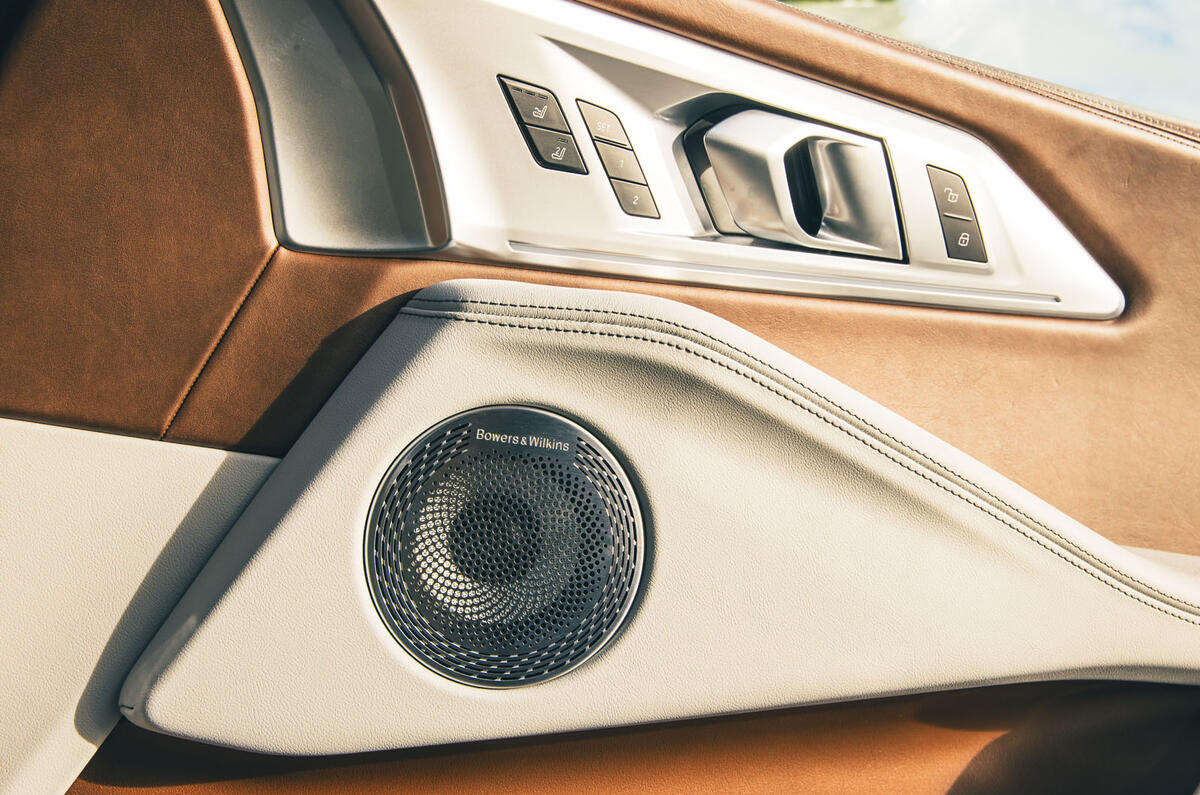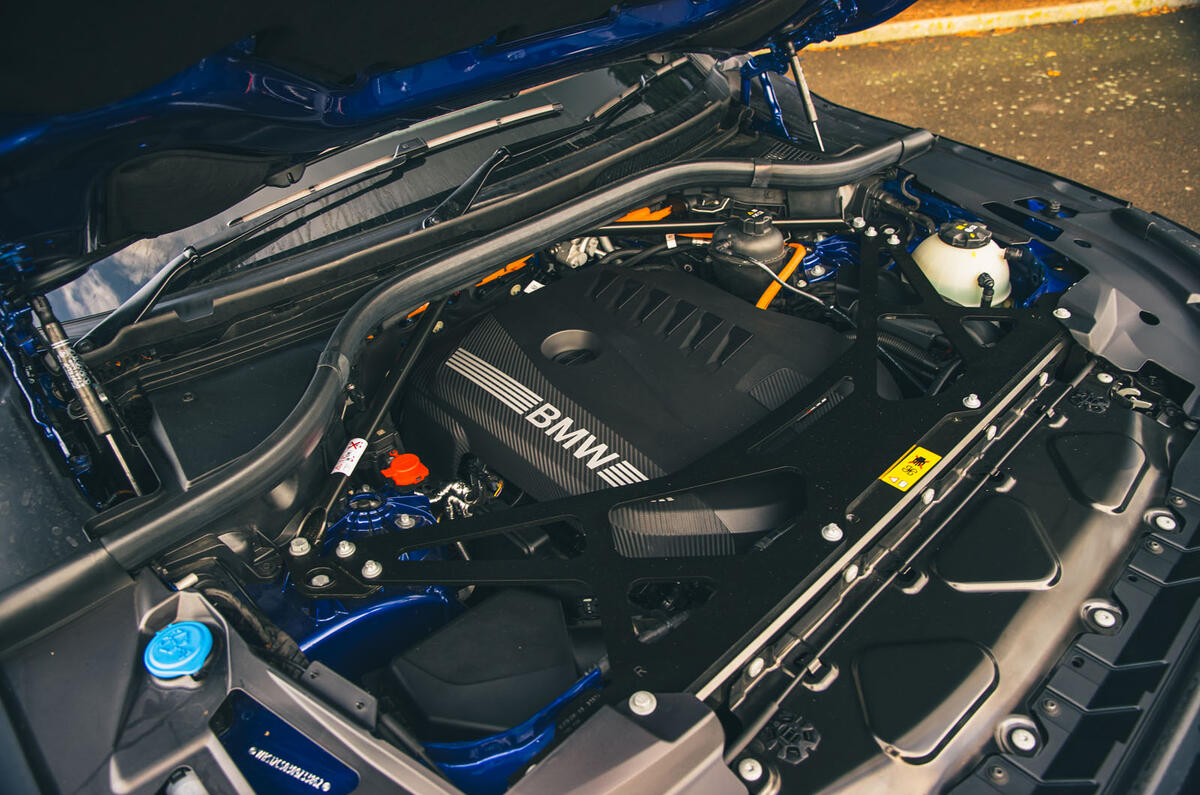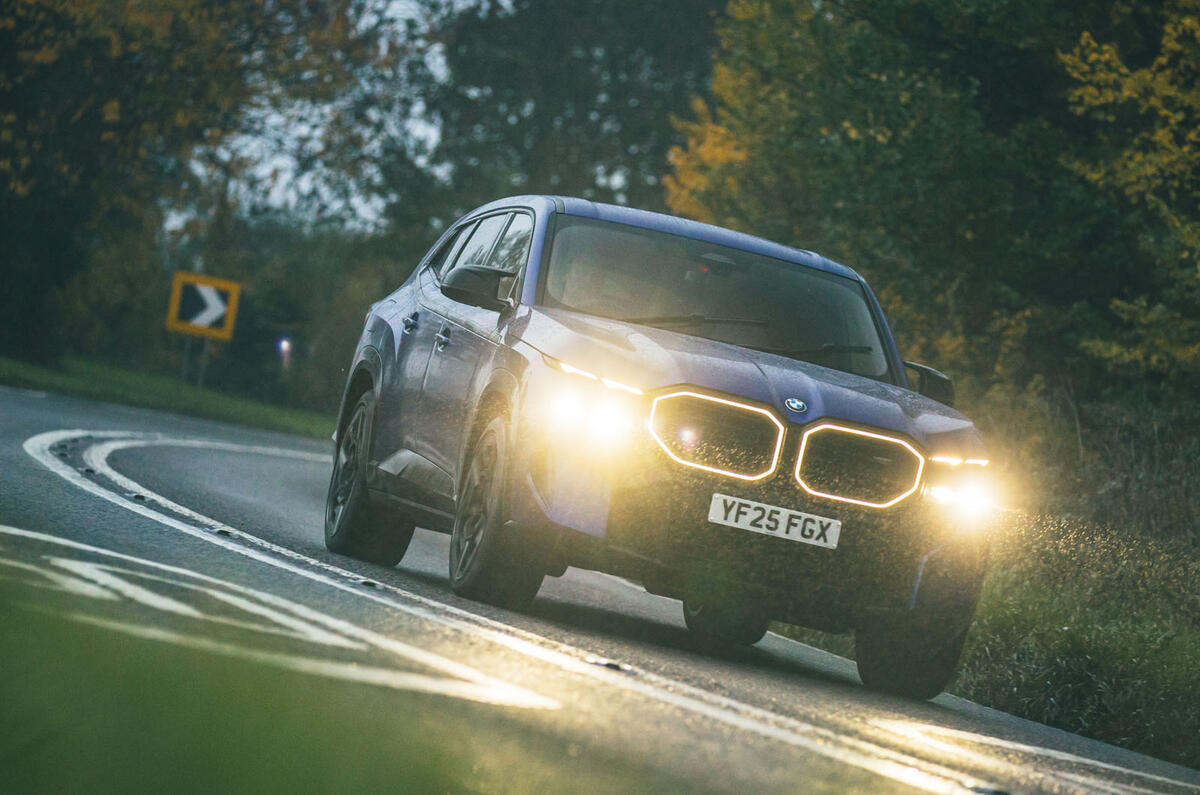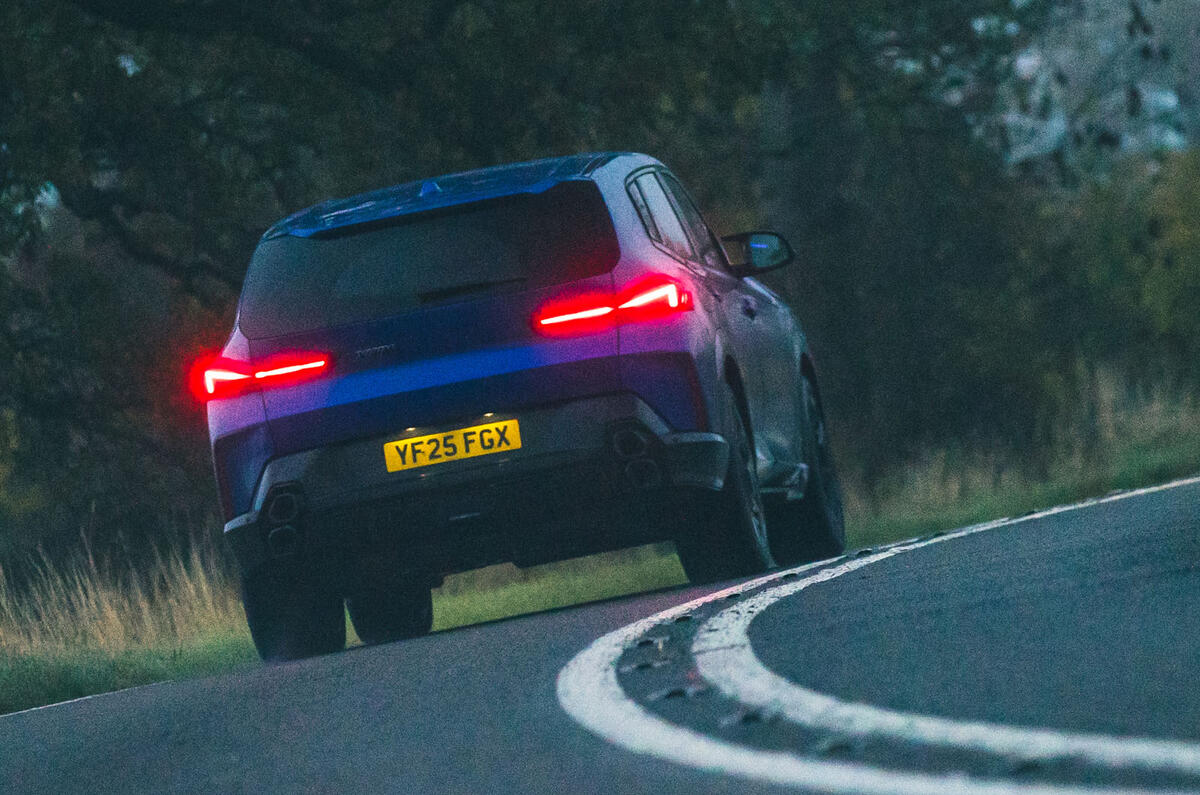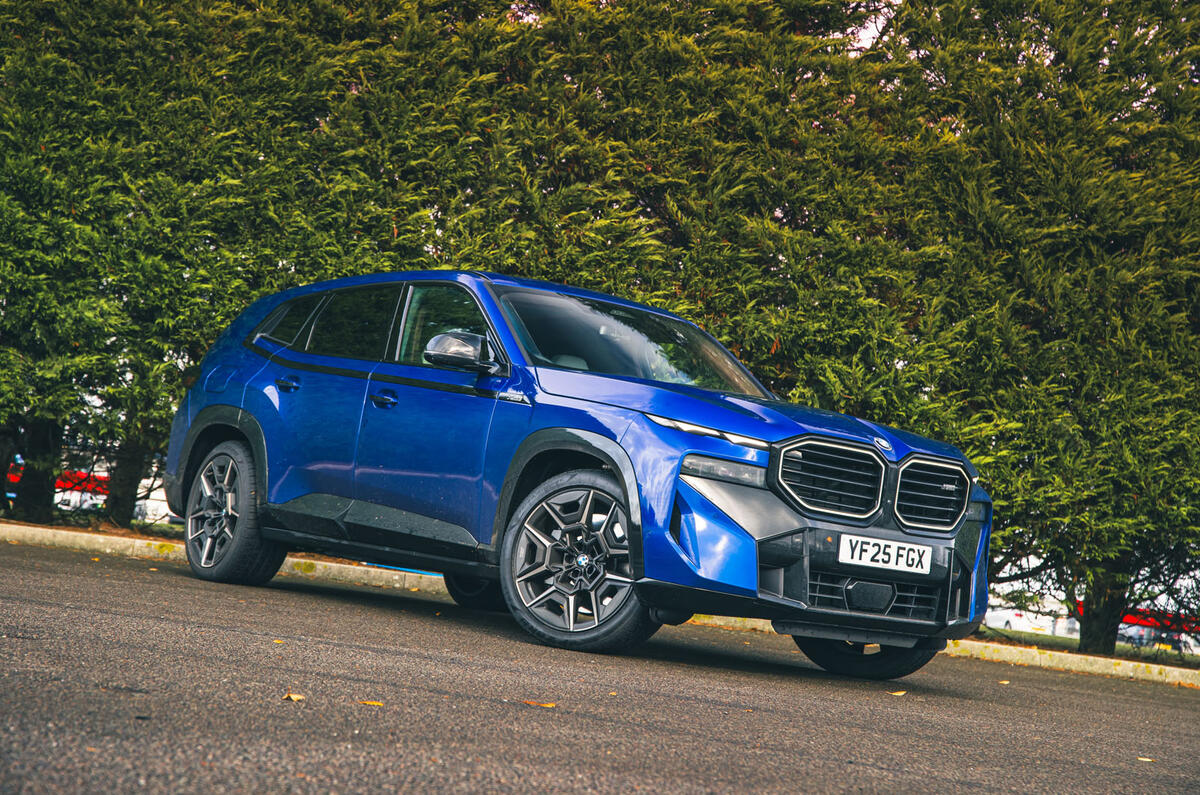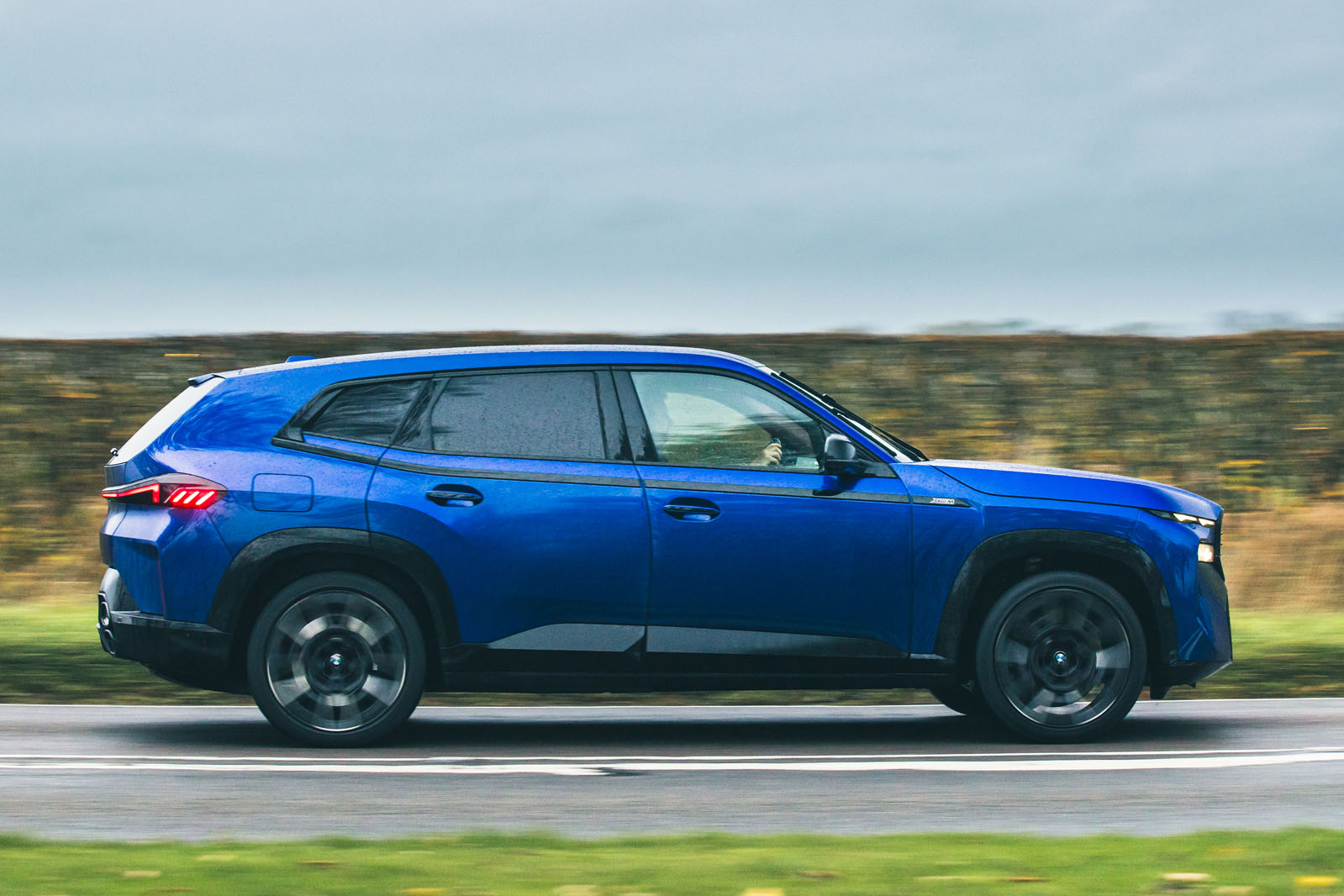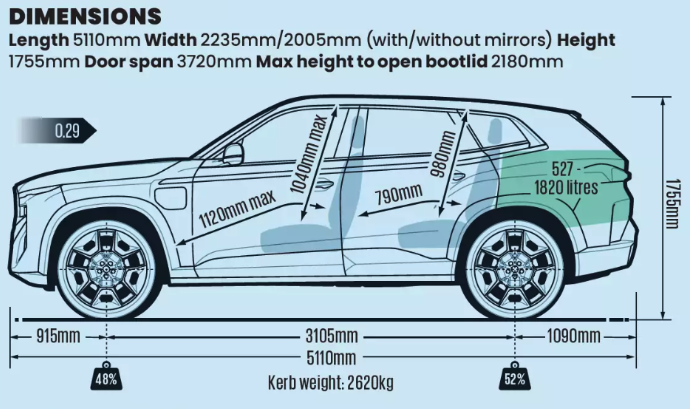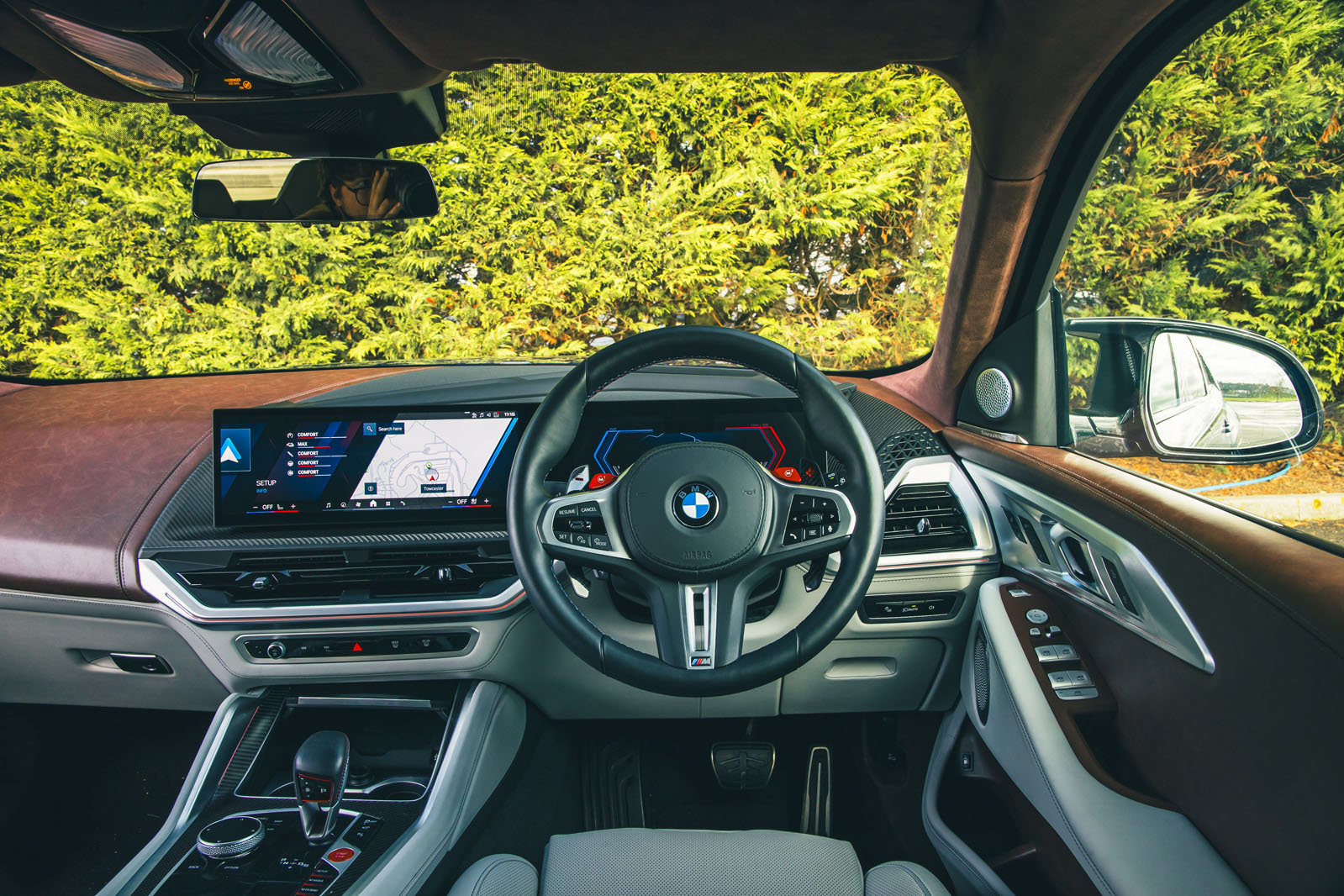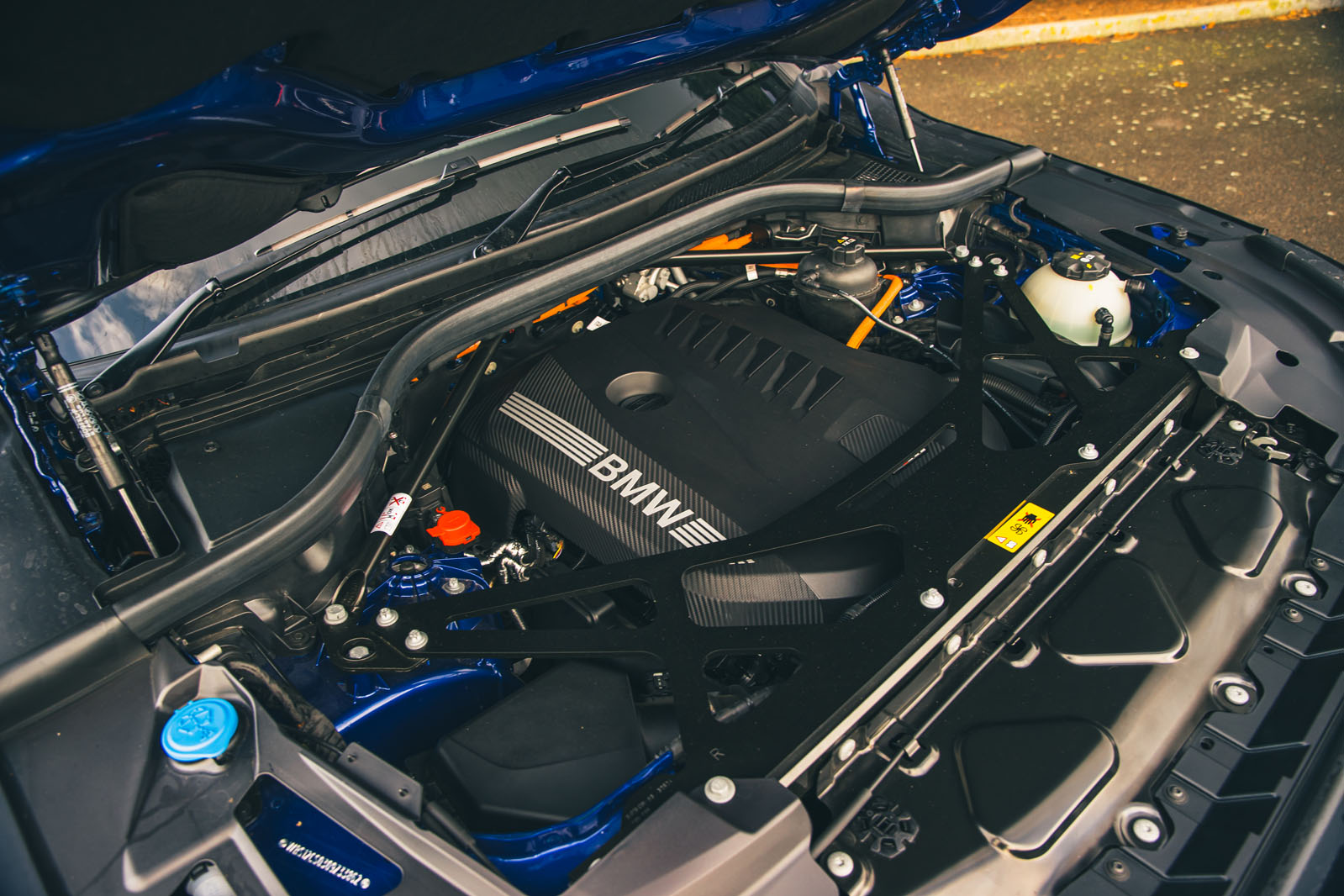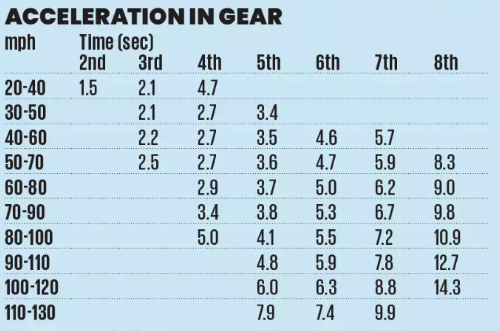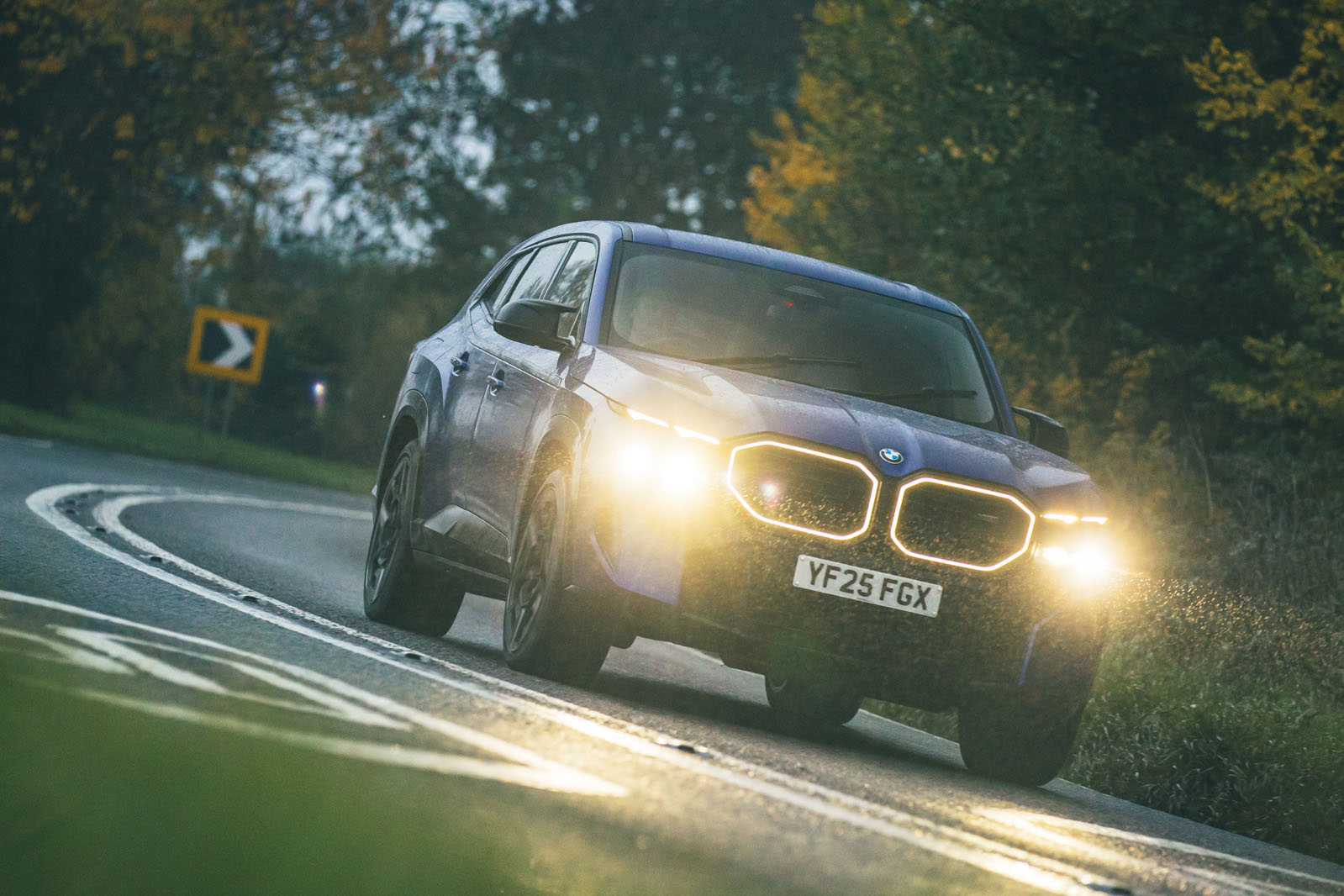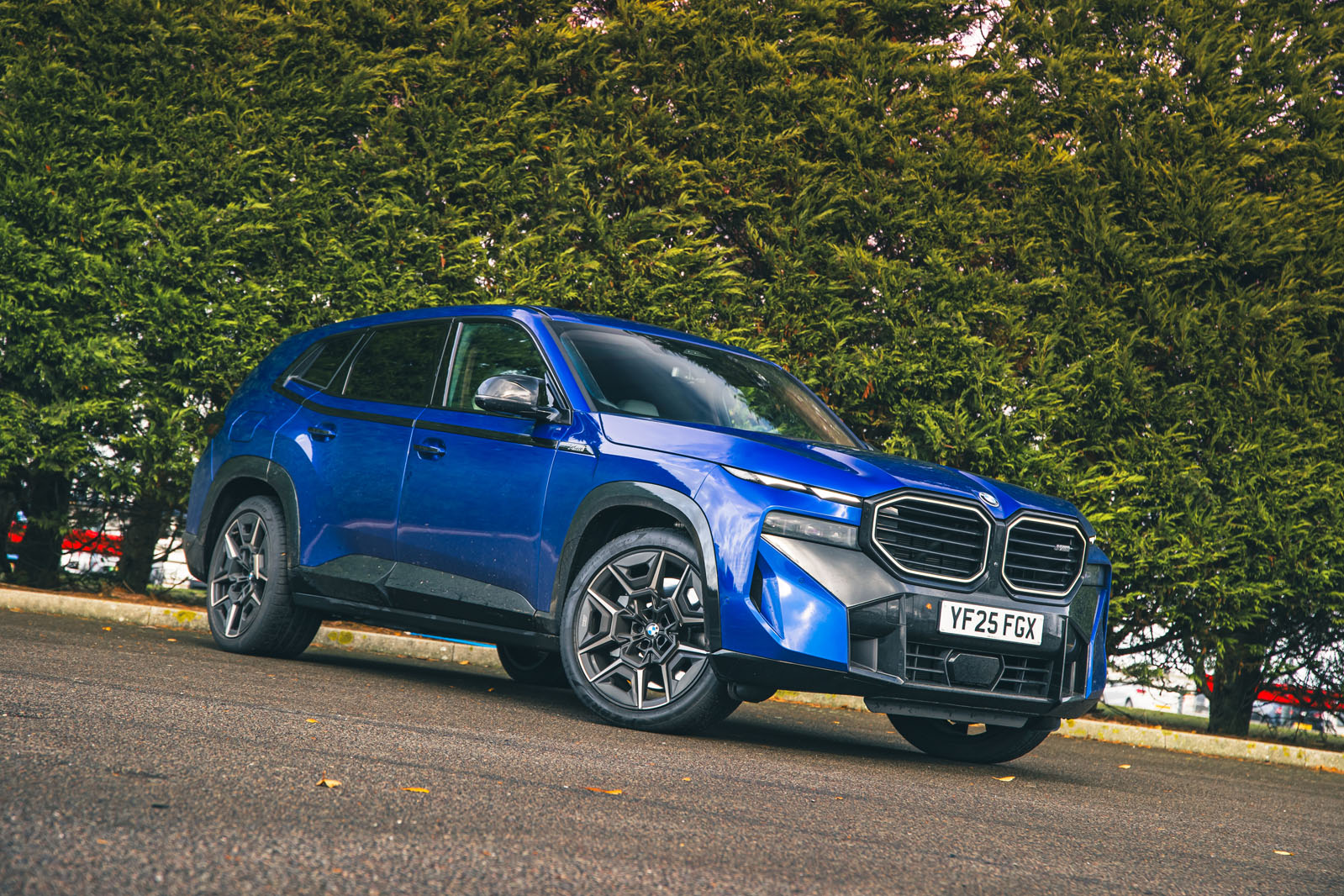There remain some at BMW who still rue the company’s decision not to follow up the M1 supercar of 1978 with a second-generation model. And perhaps then a third, fourth and fifth. They believe such a lineage would have stood the company in excellent stead, because – hey, look what Porsche achieved from a brand perspective with the timeless 911.
You can imagine how delighted these people were when mutterings on another M-bespoke creation – the very first since the M1 – began to circulate in the 2010s. It’s also not hard to imagine how disheartened they were when it became obvious that this car would in fact take the form of a large, hybridised SUV.
We would be lying if we said we didn’t share some of that disappointment, but the reality is that the performance SUV market is currently propping up some rather illustrious companies. In short, there appeared to be a business case for the hulking BMW XM.
Luxury performance SUVs are also often grudgingly good. Certain derivatives of the Porsche Cayenne and the Aston Martin DBX can reasonably be claimed to be ‘driver’s cars’. When you consider the magic that M can work on a full-size saloon, it was no stretch to imagine an M SUV being very capable indeed, and at a price the ultra-premium marques couldn’t match.
We’ve waited three years to get our hands on an XM in the UK, in order to subject one of these highly divisive vehicles to proper road test scrutiny. We’ll do it with an open mind, because while the exterior design has no shortage of critics, the lavish cabin is another matter, and BMW has also gone all out on this car from a hardware perspective. The likes of the old M5 CS and the current PHEV M5 demonstrate how well the company can disguise mass and fine-tune electronic chassis systems for true driver appeal. If the XM is able to hoick up its dirndl and dance on the table, it may win a few more fans.


